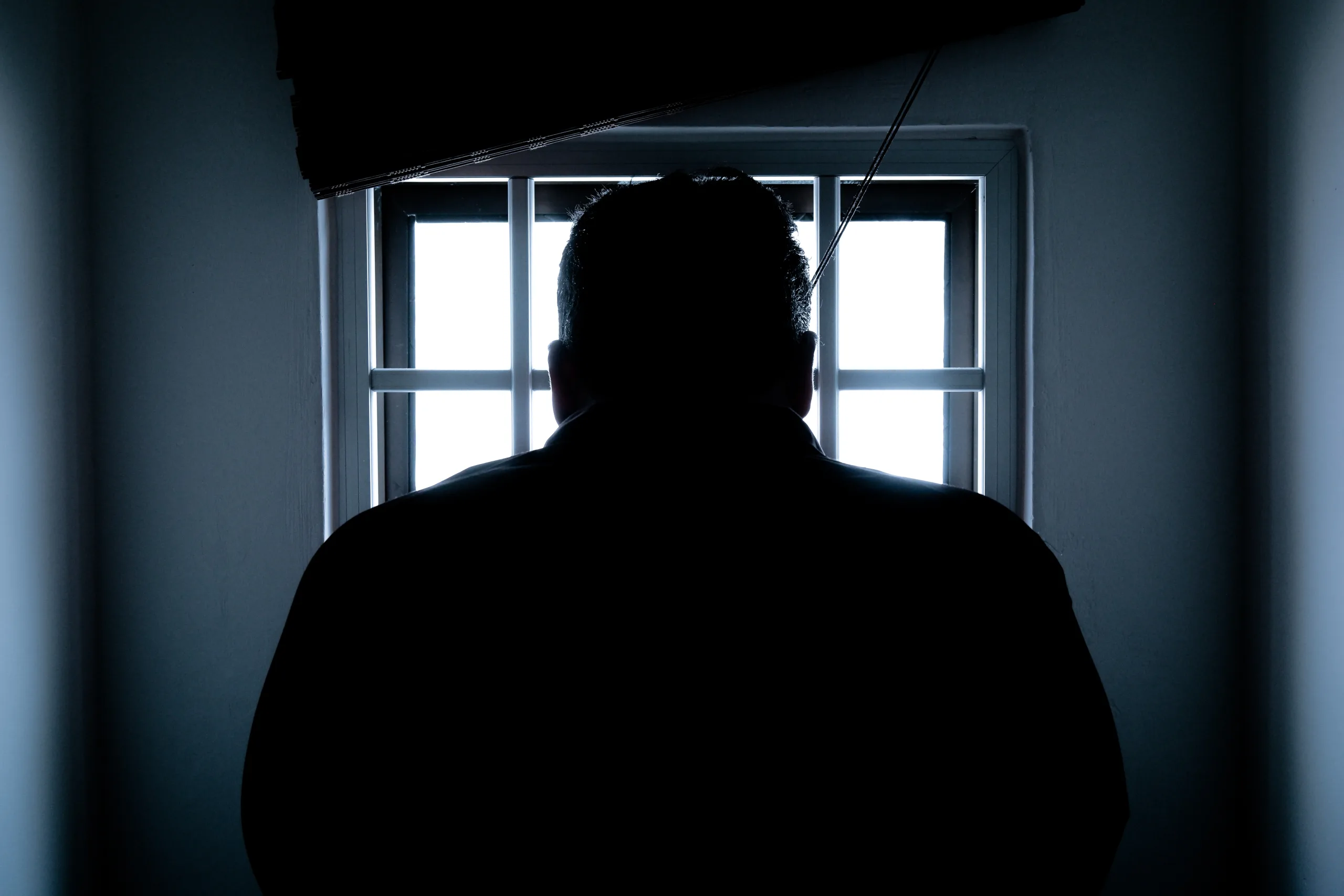Unreliable and Unregulated Informants
Unreliable and Unregulated Informants

Jailhouse informant testimony is one of the leading contributing factors of wrongful convictions across the U.S. (Image: Donald Tong/Pexels)
Unreliable and unregulated jailhouse informant testimony is a common contributing factor of wrongful convictions later overturned by DNA testing and of wrongful convictions stemming from death penalty cases.
Jailhouse informants provide information to law enforcement and prosecutors, and are explicitly or implicitly incentivized to do so in exchange for some type of benefit. This can include a reduced charge or sentence, financial or other compensation, special privileges while incarcerated, and more. To bolster their cases against an accused person, prosecutors often promise these benefits to informants behind closed doors. These incentives are often not disclosed or tracked.
Jailhouse informants are sometimes fed crime details before or during their initial statements to police to give the impression of credibility in court. While on the stand, they may fabricate interactions with an accused person, claiming that the latter allegedly confessed to the crime in question. Prosecutors may also encourage these same informants to testify in multiple unrelated cases, without disclosing any information about the benefit — or benefits — offered.
To protect innocent people against unreliable informant testimony, it is critically important that all jurisdictions track information about the informant in question so that prosecutors can consider whether to move forward with the informant’s testimony and so that courts can examine any benefit, promise, or deal offered to the informant before permitting their testimony in court. Pertinent details that must be tracked includes: the informant’s complete criminal history (if any); instances in which the informant may have testified in other cases; the benefits promised or provided to the informant in exchange for information or testimony; and other facts that would jeopardize the informant’s credibility. We also strongly advocate for the strengthening of jury instructions related to informant testimony so that jurors have a better understanding of such testimony’s inherent unreliability.

Jailhouse informant testimony is one of the leading contributing factors of wrongful convictions across the U.S. (Image: Donald Tong/Pexels)




